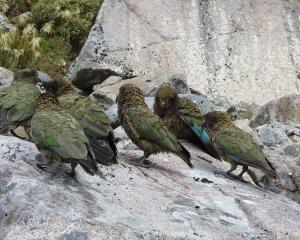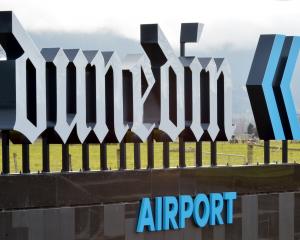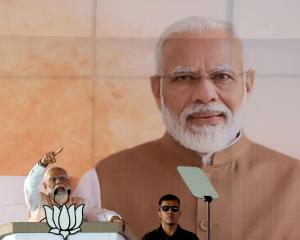
About 300 Aboriginal people and Torres Strait Islanders are gathering at Uluru this week for a First Nations Convention. The meeting is the culmination of 12 regional dialogues on the constitutional recognition of indigenous Australians.
At Uluru, delegates from each dialogue will aim to reach consensus on whether and how to achieve this change.
How did we get here?
The convention is the latest step in the long-running debate on the constitutional recognition of indigenous Australians. It has been organised by the Referendum Council, a body established by Malcolm Turnbull and Bill Shorten in December 2015. The council is tasked with providing advice on progress and steps towards constitutional reform.
In supporting regional dialogues, the council has built on two reports,
from the 2012 the Expert Panel on Constitutional Recognition of Indigenous Australians
and a parliamentary committee in 2015. Both consulted extensively with indigenous peoples and communities, and recommended reforms.
What is the significance of the Uluru meeting?
Although the expert panel and the parliamentary committee consulted extensively with indigenous Australians, they also consulted with non-indigenous Australians. The views of indigenous Australians were only a small part of their briefs.
The significance of the Referendum Council process lies in it being the first time indigenous Australians have been asked to deliberate collectively and report back on what recognition means to them. Through this process, they have ''reclaimed the movement towards constitutional recognition''.
Attendance at each dialogue was by invitation. Meetings were capped at 100 participants; 60% of places were reserved for traditional owner groups, 20% for community organisations, and 20% for key individuals. A balance was sought between gender and age. Representation for the Stolen Generations was key.
The council worked in partnership with a host organisation at each location to ensure the community was appropriately represented.
The dialogues were conducted as a deliberative forum. Each took place over three days, and included opportunities for large and small group discussions.
The Referendum Council assisted delegates by providing information on the Constitution and the history of constitutional reform. This allowed delegates to discuss and assess different reform options in an informed manner, and to explain what recognition would mean for their communities.
At the end of the three days delegates confirmed a statement of their discussion, and selected 10 representatives for the Uluru meeting.
What will be agreed to?
It is impossible to know what the outcome of the convention at Uluru will be. But it appears likely a consensus on the need for meaningful and practical reform will emerge.
Writing earlier this month, Jill Gallagher and Nolan Hunter, conveners of the regional dialogues in Melbourne and Broome, noted all of the dialogues so far conducted had ''rejected a purely symbolic or minimalist model in favour of substantive reform''.
Substantive reform is more than a statement of acknowledgement. It may include a prohibition on racial discrimination, and an elected indigenous body with a constitutional role in relation to laws that affect indigenous peoples. It may also include support for a treaty or treaties - something progressing alongside constitutional recognition.
Ultimately, as Cheryl Axleby and Klynton Wanganeen, co-conveners of the Adelaide regional dialogue, have explained, substantive constitutional reform ''is about building a better and fairer Australia as well as making good on past promises - to treat Aboriginal Australians with dignity and respect''.
What happens next?
Megan Davis, a member of the Referendum Council, believes the document that will emerge from Uluru will serve as ''a statement to the Australian people''.
For many, it may be the first time they have heard directly from indigenous people their views on constitutional recognition.
After the convention, the council will report its final advice on constitutional change to the government and the opposition. Neither document is binding.
After a considerable process of listening to indigenous Australians, however, the Uluru statement should inform the model taken to the referendum. This may go further than Messrs Turnbull and Shorten are willing to consider. But it is difficult to see how doing otherwise would treat indigenous Australians with dignity and respect.
Ultimately, all Australians need to ask a simple question: is constitutional recognition of indigenous peoples for the First Australians or for non-indigenous Australians?
If the former, their views should form the basis for the model. If the latter, there seems little point in asking them at all.
-theconversation.com/au
-Harry Hobbs is a PhD candidate in constitutional law and indigenous rights at the University of New South Wales.












